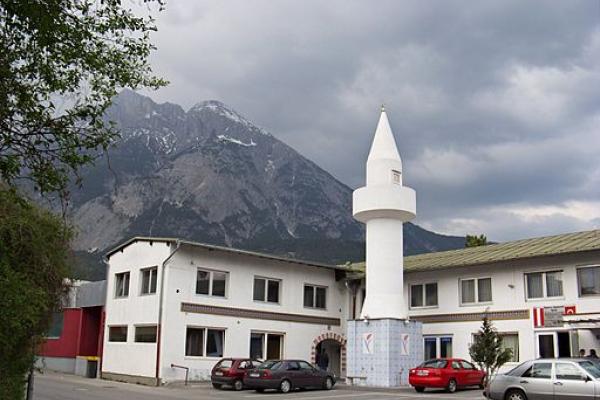Austria’s Muslim community is incensed over the government’s plans to amend the country’s century-old law on Islam.
The new bill, championed by Minister for Foreign Affairs and Integration Sebastian Kurz, forbids foreign funding of mosque construction or of imams working in the country and requires a unified German-language translation of the Quran.
The government argues the legislation, which Parliament will vote on this month, will help combat Islamic radicalism. Muslim groups and civic activists say it flouts the principle of equality.
“There is a general tone of mistrust toward Muslims,” said Carla Amina Baghajati, a prominent Muslim rights activist and spokeswoman for the country’s Islamic Religious Authority, referring to the bill. “The 1912 Islam law has set up a model of how state acknowledgment of a religious minority can help this minority better integrate. Muslims in Austria are proud of this law.”
Read the Full Article

